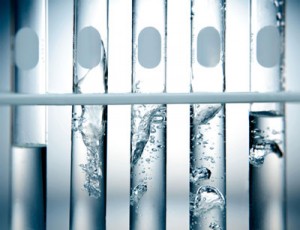Shire’s Alagille syndrome drug, SHP625, fails in Phase II trial
Posted: 9 April 2015 |
Shire has announced that the Phase 2 IMAGO trial of its investigational compound SHP625 did not meet the primary or secondary endpoints…


Shire has announced that the 13-week Phase 2 IMAGO trial of its investigational compound SHP625 (LUM001) did not meet the primary or secondary endpoints in the study of 20 paediatric patients with Alagille syndrome (ALGS).


ALGS is a rare, life-threatening genetic disorder that presents with chronic cholestasis (accumulation of bile acids in the liver) and severe pruritus (itching).
The primary endpoint was the change from baseline in serum bile acid levels as compared to placebo. The secondary endpoint of pruritus was assessed using the novel ItchRO™ instrument.
Shire remains committed to continuing the ongoing studies of SHP625
Mean serum bile acid levels and pruritus at the end of the study were lower in both SHP625 and placebo treated groups as compared to baseline. However, in a post-hoc analysis, a positive correlation between percent changes from baseline in serum bile acid levels and pruritis was observed in the SHP625 treated group. The number of patients in the placebo treated group was too small to make an accurate assessment of this relationship.
There were no treatment emergent serious adverse events in this study. As expected, the most common adverse events were diarrhoea and abdominal pain, which were more frequent with SHP625 than with placebo.
“We have gained important insights from these first results from one of several phase 2 studies in the SHP625 development program,” said Philip J. Vickers, Ph.D., Head of Research and Development, Shire. “We remain committed to continuing the ongoing studies of SHP625 in ALGS and other indications.”
For more information about Shire, please visit www.shire.com.



